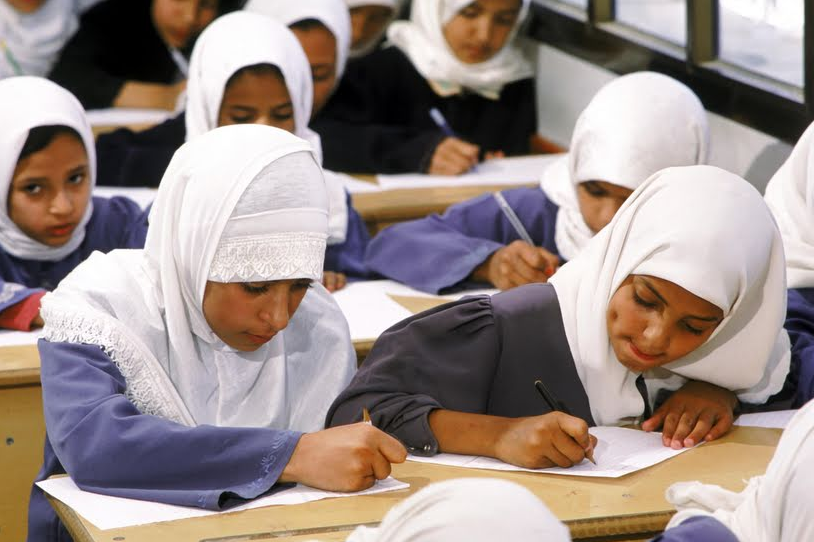The Ministry of Education and Technical Education announced that students from grades 1 and 2 in the secondary level of the Thanaweya system would be following the new system in which they would have open access to textbooks during their exams. The implementation in the system, announced through the Ministry of Education itself, was long anticipated since Egypt’s Minister of Education Tarek Shawki announced a new reform in Egypt’s education system. Such updates are expected to be implemented as of the next the round of exams set for January for most Egyptian students or students in the public ‘thanawiya ammah’. Over one million students are expected to be venturing into this change, with the exams designed to be a combination of both paper and electronic forms, as per local news outlets. For years, Egypt’s ailing educational system has relied on heavy set memorization and ‘ideal answer’ practices. Switching to an ‘open book’ form of examination is intended to spark critical-learning skills as learners become less reliant on memorizing facts. To score highly in the competitive system, Egyptian students largely depend on expensive private tutoring in which they are encouraged to…
Egypt’s Higher Education Exams to Start Following ‘Open Book’ System
January 10, 2020




